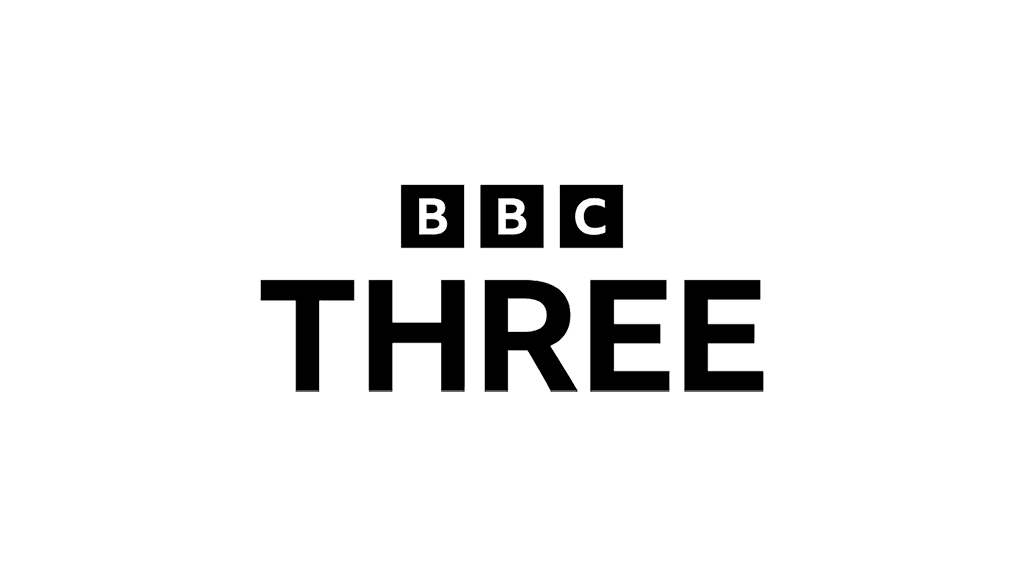BBC Three will be relaunched as a television channel, six years after going off air only as part of a cost-cutting programme presented as a bold online innovation. The communications regulator Ofcom has approved the return of the channel but challenges the BBC to dare to be different in connecting with wider audiences.
Ofcom has approved the proposal to relaunch BBC Three as a broadcast channel, following a consultation and competition assessment. The approval is subject to conditions on news and first-run programming, with a requirement that 75% of all broadcast hours be originated in the United Kingdom.
The channel is scheduled to return in early February 2022 and will receive a guarantee of prominence in programme guides, with a position in the first 24 slots, although platform providers will have 18 months to implement the change.
BBC Three was launched in February 2003, with a remit to serve viewers aged 16-34, in an era before smartphones, tablets, online viewing or social media.
In December 2014, Tony Hall, then director general of the BBC, announced that the channel would cease broadcasting and go online only. He said: “The new BBC Three will be a great example of how we can reinvent the public service for the digital world.”
The channel went off air in February 2016, with its remaining programmes delivered primarily through the BBC iPlayer. The audience failed to follow and BBC viewing among younger adults continued to decline.
BBC Three returned to television in 2019 as a branded block three nights a week on BBC One.
Fiona Campbell, the controller of BBC Three, welcomed the full return, “with the new channel providing a destination for young audiences to discover more content on the BBC.” She said: “We will work hand in hand with iPlayer to provide a broad offering that is representative of the whole of the UK and we will continue to back new talent and bold ideas.”

In its fourth annual report on the BBC, Ofcom notes that some audience groups are consistently less satisfied with the BBC, while young people use the BBC less than other groups.
People aged 16-24 watched the BBC for an average of only 15 minutes a day in 2020, and those aged 25-34 watched for less than 24 minutes a day, while those aged 45-54 watched for over an hour a day.
The main channel, BBC One, was watched by those aged 16-14 for an average of less than 10 minutes a day in 2020 and 14 minutes a day by those aged 16-34.
Ofcom research found that fewer than half of UK adults rate the BBC positively on providing content that ‘dares to be different’.
“The BBC remains highly valued by the public and made a clear, positive contribution during the pandemic,” wrote Kevin Bakhurst, the group director of broadcasting and online content at Ofcom. “But the last year has also seen its reputation hit by historical failings, with some viewers and listeners doubting its impartiality, and others feeling excluded.”
“The BBC must dare to be different, extending its appeal to viewers and listeners of all backgrounds, classes, cultures, ages or locations. That includes producing bold UK content, which is why we’re setting new rules around the relaunch of BBC Three.”
The return of BBC Three as a channel will test whether there is still a role for broadcast television in reaching an audience of young adult viewers, even if it serves to promote the viewing of programmes online.
